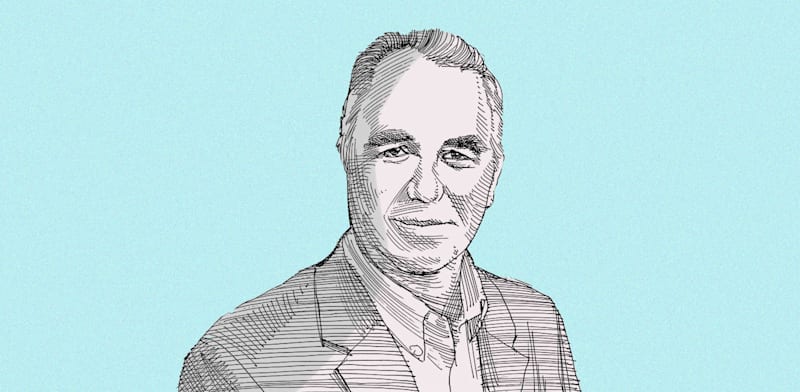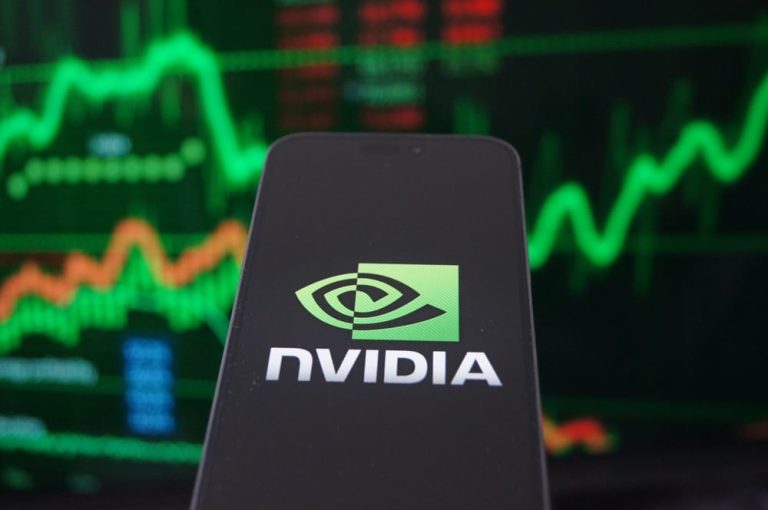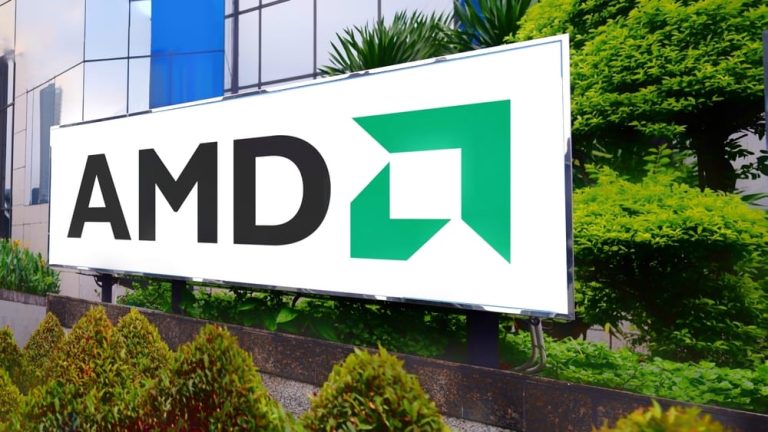“In two to three years, Insightec could be profitable,” Dr. Maurice Ferré, CEO of the veteran Israel medical device company, told “Globes” recently. Insightec profitable? Let’s take a look. This is a company that in the course of its existence has raised over $600 million, more than any other privately-held biomed company in Israel, according to the startup database of Startup Nation Central. The money financed the development of exceptional technology, and the company even has impressive revenue, but it has continued to incur heavy losses.
Ferré, who has been in the post of CEO for a decade, is not sure that it’s possible to continue that way in the current state of the market.
“Until a few years ago, when money was readily available and the valuations given to growth companies were high, it was alright for a company to lose a lot of money,” he says. “Today, with rising interest rates, investors are finding it difficult to tolerate that model, and are driving the companies towards profitability. We have heard what the market is asking for, and we too are aiming in that direction.”
In its last fund raising round last year, Insightec’s valuation was at just $515 million, as emerges from the financials of listed company Elbit Medical, which holds 2% of Insightec.
It’s starting to happen
Of course it’s best to be profitable, but can Insightec do it? Approval received this week from the US Food and Drug Administration for the use of Insightec’s device for a new indication in Parkinson’s disease patients expands its addressable market, and represents one building block in the structure that Ferré seeks to construct. By focusing ultrasound energy from several directions under MRI guidance, the product treats non-Parkinson’s tremors, and in recent years various kinds of Parkinson’s as well. “The competing technology is brain stimulation using electrodes, a procedure that includes opening up the skull, and it’s not a growing market. We don’t expect competition for our technology, because the barriers to entry are high,” Ferré says.
The company’s products are very expensive. The system itself can cost some $2 million, and treatments are priced in the thousands of dollars per patient. No patient or hospital can afford these treatments unless the insurance companies cover them. Up to now, insurance coverage for the company’s products has been fairly thin, but its new products are doing better in that respect than its previous ones.
RELATED ARTICLES
“This piece of the puzzle is about to fall into place,” Ferré promises. “We recently demonstrated that, five years after treatment with our product of initial non-Parkinson’s tremors, 73% of patients are still in a better condition than before the procedure. These are the kind of data that the insurance companies want to see, alongside data that show that the patient is more active, less sedentary, and less diabetic.”
In 2024, Insightec’s revenue rose to $101 million from $83.5 million in 2023, and its annual net loss narrowed from $100.6 million to $68.5 million. In the first quarter of 2025, the company posted a loss of $18 million, and at the end of the quarter it had cash of $148 million.”
Will you be able to maintain the company without raising more money?
Ferré: “There’s no knowing, but we’re husbanding our cash so that it will suffice for a long time, after we have reduced our burn rate.”
Published by Globes, Israel business news – en.globes.co.il – on July 10, 2025.
© Copyright of Globes Publisher Itonut (1983) Ltd., 2025.








